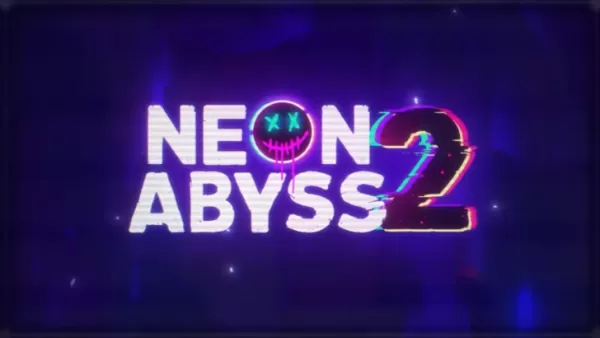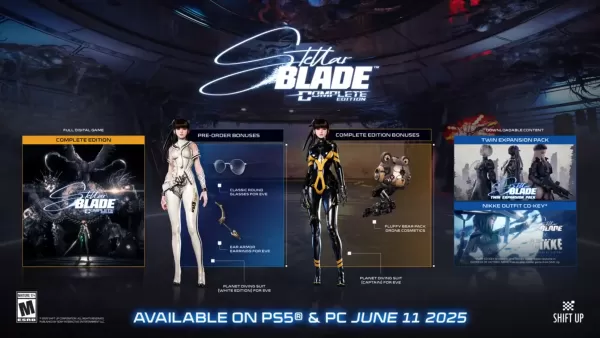Capcom, a renowned name in the gaming industry, is diving into the realm of generative AI to streamline its game development process. As the costs of creating video games continue to soar, game publishers like Capcom are turning to AI technologies to boost efficiency and reduce expenses. This approach comes in the wake of other industry giants like Activision, who reportedly sold an "AI-generated cosmetic" for Call of Duty: Modern Warfare 3 in late 2023, and EA, which has positioned AI as "the very core" of its business strategy.
In an insightful interview with Google Cloud Japan, Kazuki Abe, a technical director at Capcom with credits on major titles such as Monster Hunter: World and Exoprimal, shed light on how Capcom is integrating AI into its development workflow. Abe pinpointed the creation of "hundreds of thousands" of unique ideas as one of the most labor-intensive aspects of game design. He noted that even items like televisions in games need unique designs, logos, and shapes. "Including unused ones, we ended up having to come up with hundreds of thousands of ideas," Abe remarked (via Automaton).
To tackle this challenge, Abe developed an innovative system that leverages generative AI to read game design documents and generate multiple proposals for game objects. These proposals include both illustrations and text, essential for communicating ideas to art directors and artists. The system not only accelerates the development process but also provides self-feedback to refine its outputs further.
Abe's prototype system utilizes various AI models, including Google Gemini Pro, Gemini Flash, and Imagen, and has received positive feedback from Capcom's internal development teams. The implementation of this AI model is expected to "reduce costs significantly" while simultaneously enhancing the quality of the game assets.
Currently, Capcom's use of AI is confined to this specific system. Other critical areas of game development, including ideation, gameplay mechanics, programming, and character design, remain firmly in the hands of human creatives. This strategic use of AI reflects Capcom's commitment to innovation while maintaining the human touch that fans of their games have come to expect.






![Chubby Story [v1.4.2] (Localizations)](https://images.737c.com/uploads/85/1719638042667f981a5e9f8.jpg)

